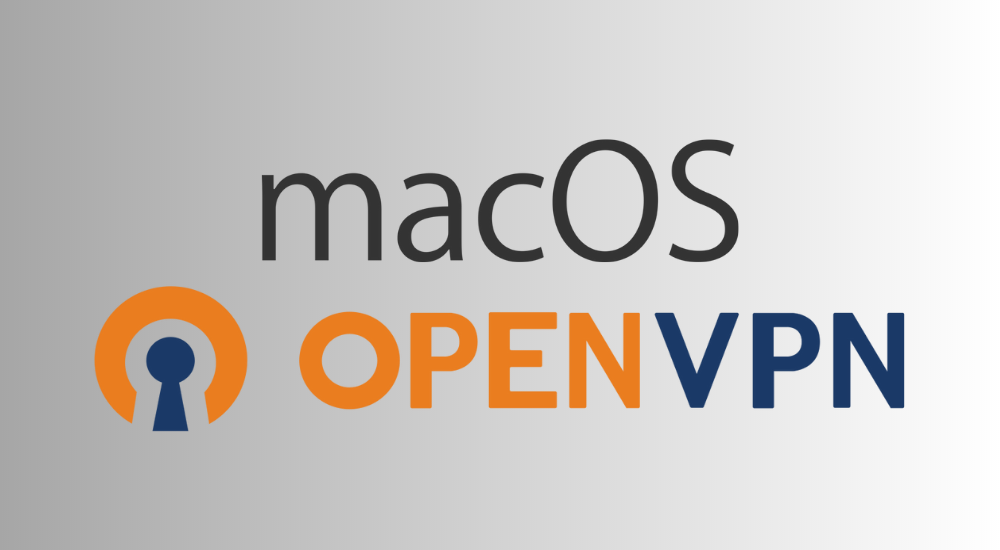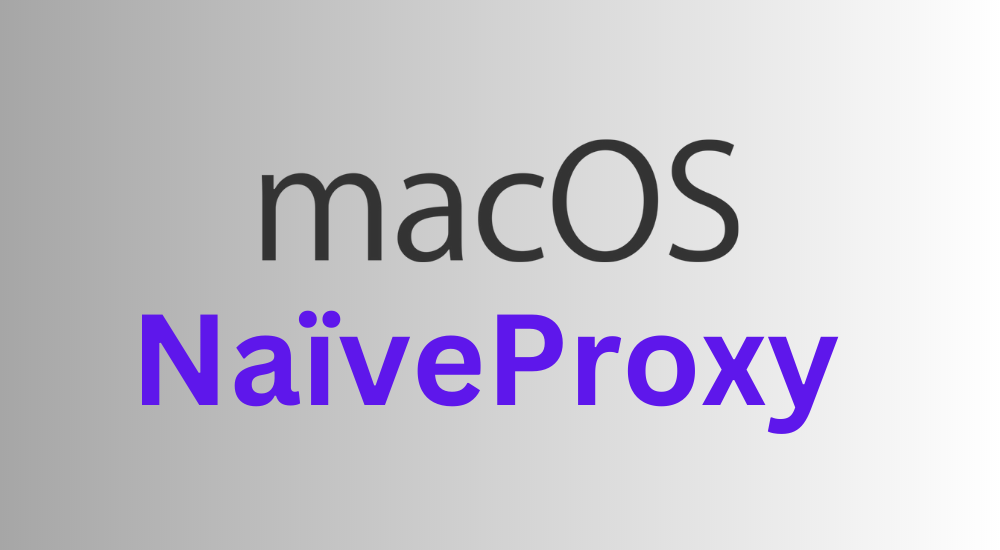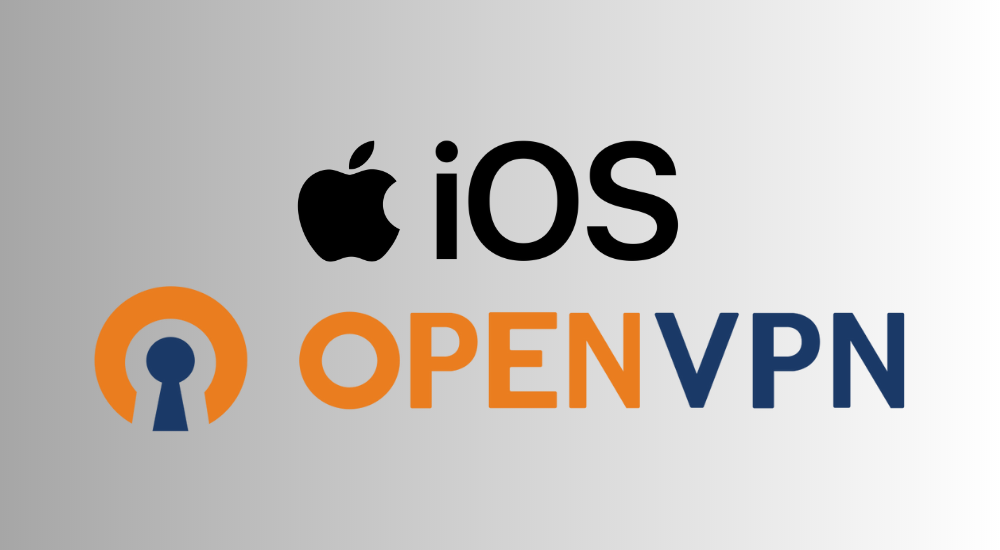

DNS And Privacy
When it comes to privacy concerns on the Internet, the discussion often focuses on elements such as cookies, tracking scripts, IP addresses, and browser fingerprinting. However, an often-overlooked mechanism that could reveal much about your online activities is the Domain Name System (DNS).
DNS: The Internet's Phone Book
To grasp how DNS can leak information, it's essential to understand what DNS is and how it functions. The DNS acts like the Internet's phone book, translating human-readable domain names (for instance, www.example.com) into IP addresses, which computers use to identify and connect with each other. Every time you visit a website, your device performs a DNS lookup to locate the relevant IP address.
While this process is fundamental to the operation of the Internet, it can inadvertently expose information about your online activities. DNS queries can be logged and analyzed by the DNS server operator. Furthermore, because the DNS protocol is unencrypted by default, any interested third party along the way (like your ISP) can learn a great deal about your online activities by examining these DNS packets.
What Information Can DNS Leak?
Websites you visit: The most direct information leaked by DNS is the list of websites you visit. Since DNS queries resolve the IP address for each website you visit, an observer can deduce your entire browsing history from these queries.
Frequency of visits: Monitoring DNS queries over time allows one to see how frequently you visit certain websites. For example, regular requests for the IP address of a news site suggest frequent use.
Time of visit: The timing of DNS requests can disclose when you visit specific websites, revealing patterns in your Internet use. For instance, DNS queries in the early morning might indicate the first sites you check upon waking.
Services you use: DNS doesn't only resolve website domains—it's used for virtually all Internet services, including email, messaging, social media, streaming, VPNs, and cloud storage. Therefore, your DNS queries can disclose the exact types of services you use, even if they don't strictly involve "web browsing".
Your location: While not as precise as an IP address, DNS queries can still disclose approximate geographic information. This is because DNS queries typically route to the nearest DNS server, which is often proximate to your physical location.
The Misuse of this Information
Such leakage can have serious privacy implications. By tracking and analyzing DNS queries, entities such as advertisers, cybercriminals, ISPs, or governments can build a detailed profile of your online behavior. This information can be utilized for numerous purposes, ranging from targeted advertising and user profiling to more malicious activities like social engineering, identity theft, or mass surveillance.
Furthermore, unencrypted DNS queries can be intercepted, manipulated, or redirected in a DNS spoofing or poisoning attack. This kind of attack can redirect users to harmful websites even though they are inputting the correct address into their browser. Many governments worldwide also utilize this technique to censor certain websites and services.
Mitigate DNS Leakage
Fortunately, there are several strategies to mitigate the privacy risks associated with DNS:
DNS over TLS (DoT): This protocol sends DNS queries over an encrypted TLS connection, preventing third parties from viewing the sites you're visiting or tampering with the lookup results. While DoT enhances privacy and security, it's worth mentioning that it doesn't provide complete anonymity. For example, your ISP or a potential attacker in the middle could still infer certain details based on your overall traffic patterns because encrypted DNS only secures your DNS queries, not the connection to the actual sites and services you use.
DNS over HTTPS (DoH): DoH is very similar to DoT in that it provides the same level of security. However, by transmitting the data over the HTTPS protocol, it has the advantage of obfuscating the DNS queries within regular web traffic. This can make it difficult for third parties to detect that DNS queries are being made at all, providing additional "stealth" benefits.
Use a VPN: A VPN can encrypt all of your Internet traffic, including your DNS lookups and all other connections, making it virtually impossible for intermediaries to gain insight into your online activities. The caveat here is that you are placing your trust in the VPN provider you choose. When you choose Vector Link as your VPN provider, you are entrusting us with your privacy, and we understand the weight of that responsibility. We operate on the principle of least data - collecting only the absolute minimum of data necessary to provide an excellent service. We have never and will never store activity logs on any of our VPN servers, and we maintain a very transparent privacy policy that outlines exactly what data we do and do not collect, so you can be confident that your online activity remains entirely yours.













